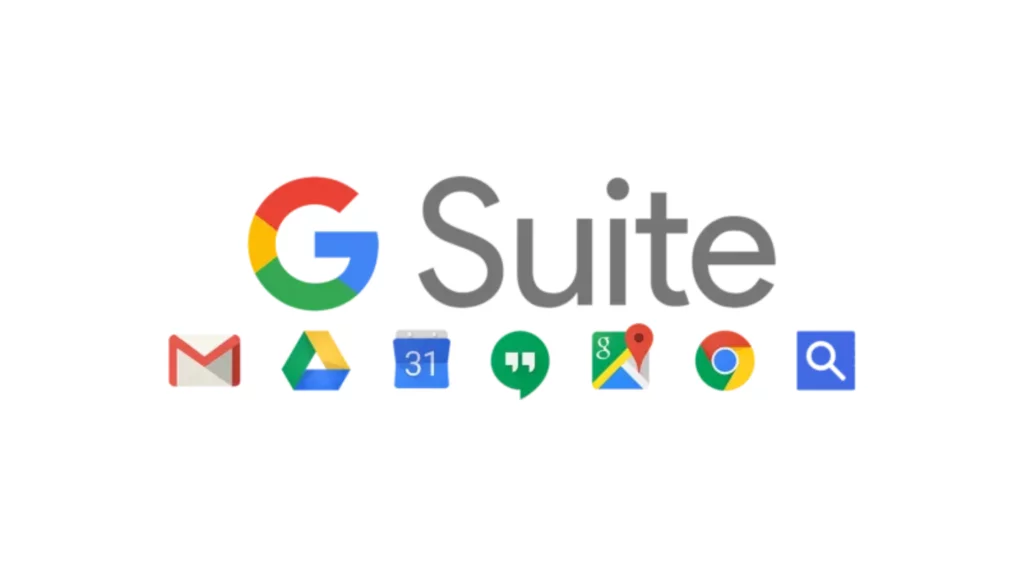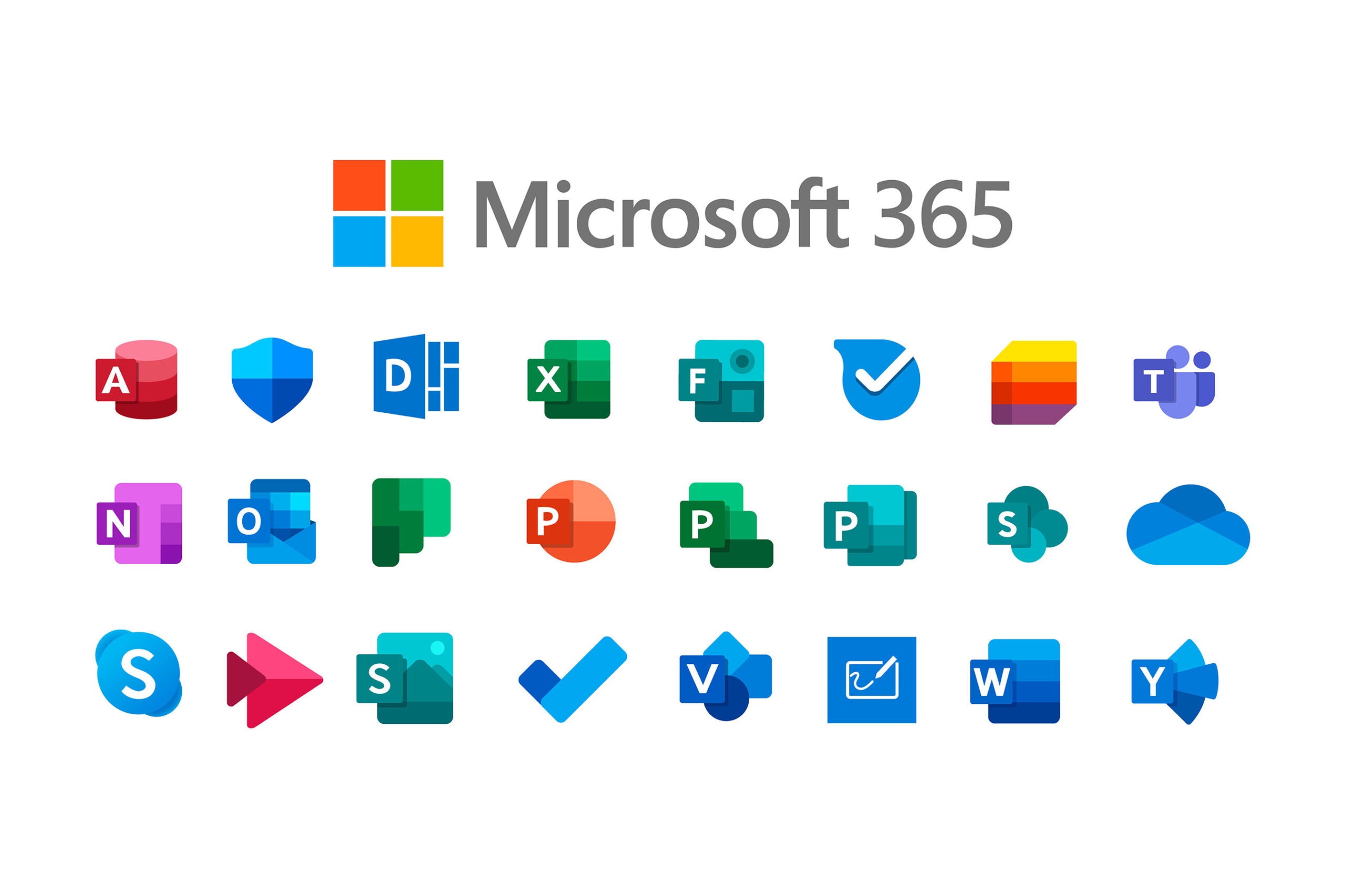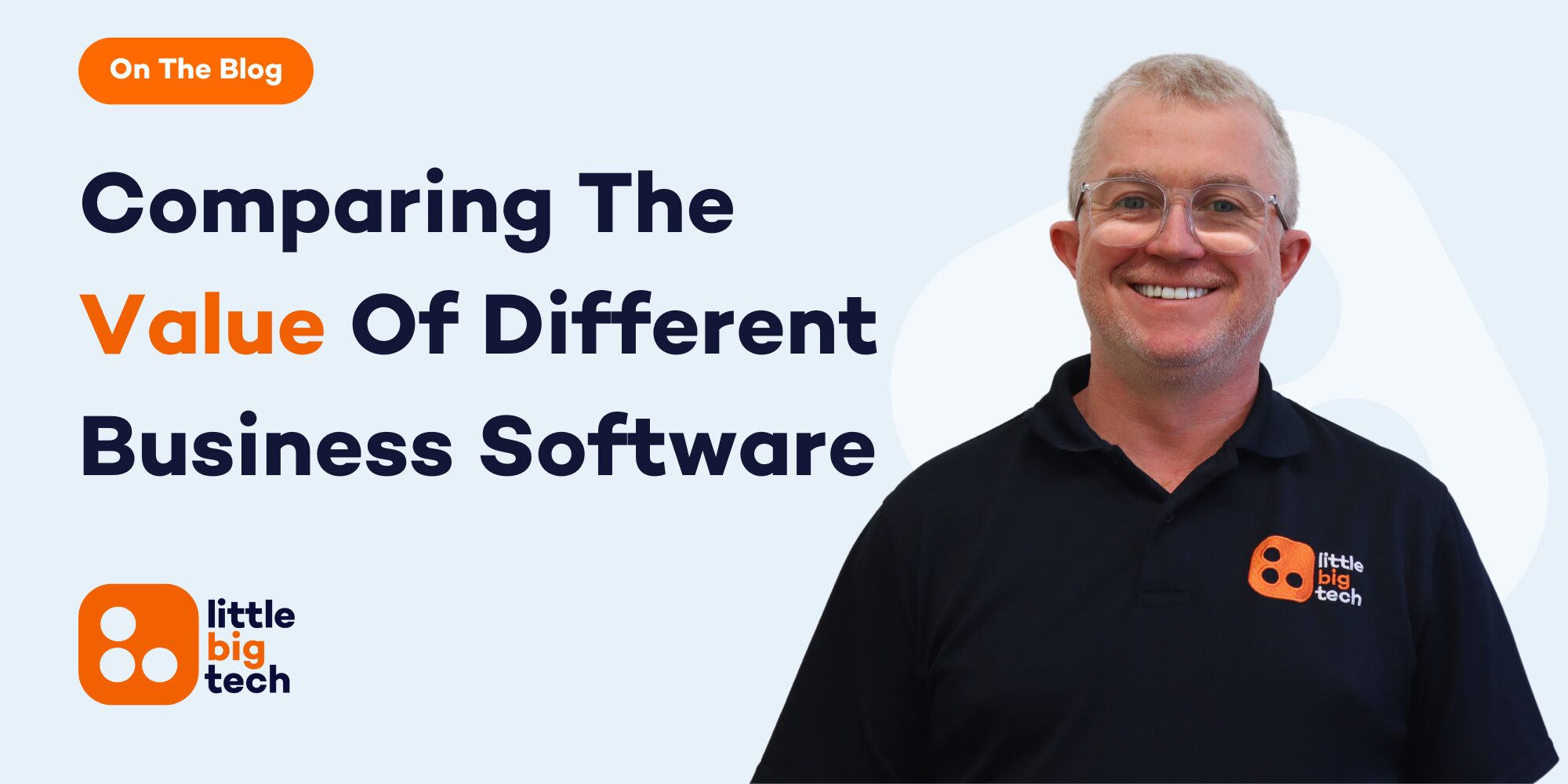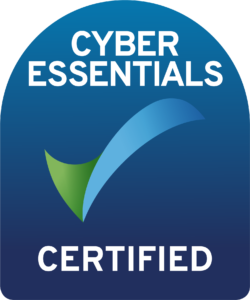What You Need To Know About Choosing The Right Business Platform
When it comes to running a small business, choosing the right tools and software can be overwhelming. With so many options available, it’s important to find the best fit that suits your business needs. One of the biggest decisions for small businesses today is selecting the right business platform. Among the top contenders are Google Workplace and Microsoft 365, both offering robust solutions that can streamline operations, enhance productivity, and improve communication.
The choice between Google Workplace and Microsoft 365 is particularly important because both platforms provide similar features such as cloud storage, email services, collaboration tools, and productivity applications. However, their approach and pricing differ significantly, making it essential to understand which solution is best for your business.
In this article, we’ll take a closer look at these two powerful platforms: Google Workplace Vs. Microsoft 365 For Small Businesses. We’ll break down the strengths and weaknesses of each, helping you decide which one offers the most value for your unique requirements. Whether you’re looking for the most cost-effective solution, the best collaboration tools, or simply want an easy-to-use platform that fits seamlessly into your workflow, this guide will give you the information you need to make an informed decision.
Both platforms are trusted by millions of users worldwide, but what works for one business may not work for another. By the end of this article, you’ll be equipped to choose the solution that will help your business thrive in 2025 and beyond. Let’s dive in and explore how Google Workplace Vs. Microsoft 365 For Businesses compares in terms of value, features, and overall performance.
Google Workplace Vs. Microsoft 365 For Small Businesses: Looking Generally
When choosing between Google Workplace Vs. Microsoft 365 for your Businesses, the first thing to consider is the features that each platform offers. Both Google and Microsoft provide a similar suite of services that focus on improving productivity, collaboration, and communication within teams.
Google Workplace, previously known as G Suite, includes a variety of tools designed for seamless integration in the cloud. It offers Gmail for email, Google Docs for document creation, Google Drive for file storage, and Google Meet for video conferencing. Google’s platform is known for its simplicity, ease of use, and strong collaboration features. One of the biggest advantages of Google Workplace is its seamless integration with other Google services such as Google Calendar, Google Sheets, and Google Slides.
On the other hand, Microsoft 365 (formerly Office 365) is the go-to choice for businesses that require more advanced, traditional office tools like Word, Excel, and PowerPoint. Microsoft 365 also includes Teams for communication and collaboration, OneDrive for cloud storage, and Outlook for email management. Microsoft offers a more robust set of features for businesses that are used to working with desktop-based applications, and it’s often the preferred choice for those who require more complex functionalities in areas such as data analysis and document formatting.
Both platforms have similar tools for communication and collaboration, but Google Workplace shines when it comes to real-time document collaboration. It’s easy to share documents with team members, and multiple people can work on the same document at the same time. Microsoft 365 is more suited to businesses that need sophisticated document formatting, access to offline applications, and a greater range of features within its core applications.

Pricing: Which Offers Better Value For Small Businesses?
When it comes to Google Workplace Vs. Microsoft 365 For Small Businesses, pricing is a crucial factor. As a small business, it’s important to choose a solution that fits your budget while still offering the features you need. While both Google and Microsoft have flexible pricing options, they differ in their structure and costs.
Google Workplace offers a more straightforward pricing model, with three plans designed to cater to businesses of all sizes: Business Starter, Business Standard, and Business Plus. Prices range from £4.60 to £9.30 per user per month. For smaller businesses that primarily need email, document storage, and basic collaboration tools, the Google Workplace Business Starter plan is an affordable solution. Google Workplace’s pricing is more budget-friendly and ideal for businesses that need essential tools for daily operations.
Microsoft 365, on the other hand, offers a wider variety of pricing plans, which can make the decision more complex. The Microsoft 365 Business Basic plan starts at £3.80 per user per month, while the Business Standard plan costs around £9.40 per user per month. There are also enterprise-level plans for larger organisations. While Microsoft 365 pricing may be slightly higher than Google Workplace, it provides a more comprehensive suite of applications, including desktop versions of popular tools like Microsoft Word and Excel.
In terms of cost, Google Workplace tends to be a more affordable option, especially for small businesses looking for a simple, cost-effective way to stay connected. However, Microsoft 365 offers more advanced features, so businesses that require greater functionality might find the additional cost worthwhile.
Collaboration And Communication: Choosing The Best Tool For Your Team
When choosing between Google Workplace Vs. Microsoft 365 For Small Businesses, the collaboration and communication tools available should be a top consideration. Both platforms offer a variety of tools to enhance teamwork, but the way they handle collaboration can differ significantly.
Google Workplace excels in real-time collaboration. Google Docs, Sheets, and Slides allow multiple team members to work on a document simultaneously, with changes reflected instantly. Google Meet, integrated with Google Calendar, is a simple and easy-to-use video conferencing tool. Google Hangouts also provides a platform for instant messaging and file sharing, which is especially useful for teams on the go.
In contrast, Microsoft 365 provides a more comprehensive set of communication tools. Microsoft Teams, an integral part of Microsoft 365, combines chat, file sharing, and video conferencing, and is often seen as a more robust platform for larger organisations. Teams integrates seamlessly with other Microsoft applications, so users can easily share documents from OneDrive, collaborate in Word, Excel, or PowerPoint, and host virtual meetings without switching between platforms.
For businesses that prioritise collaboration, Google Workplace is perfect for teams that need simple, intuitive tools for document sharing and instant messaging. However, businesses that rely on advanced communication features, including project management and in-depth integration with other business tools, will find that Microsoft 365 provides more flexibility.
Cloud Storage And Security: What You Need To Know
In today’s business world, cloud storage and data security are paramount. Both Google Workplace Vs. Microsoft 365 For Small Businesses provide robust solutions to manage and protect your data, but the way they handle these important aspects differs.
Google Workplace offers cloud storage through Google Drive, with plans that include a minimum of 30GB of storage per user for the Business Starter plan and up to 5TB per user for the Business Plus plan. Google’s cloud-based storage allows for easy sharing and accessing of documents from anywhere. In terms of security, Google provides two-factor authentication, mobile device management, and compliance certifications to ensure that your data remains safe.
Microsoft 365, on the other hand, provides OneDrive for Business for cloud storage, which offers 1TB of storage per user in its standard plan. Microsoft 365’s cloud storage is highly secure, with features such as data loss prevention, advanced threat protection, and encryption options. Microsoft’s enterprise-level security features are a significant advantage for businesses handling sensitive data.
When comparing Google Workplace Vs. Microsoft 365 For Small Businesses on cloud storage and security, both platforms provide excellent solutions. However, Microsoft 365 tends to offer more advanced security options for businesses that handle sensitive or regulated information. Google Workplace is a great option for businesses that need straightforward storage and security with an easy-to-use interface.

Ease Of Use: Which Platform Is More User-Friendly For Small Businesses?
When deciding between Google Workplace Vs. Microsoft 365 For Small Businesses, it’s important to consider the ease of use of each platform. For small businesses with limited IT support, user-friendly tools are essential for smooth operations and quick adoption by team members.
Google Workplace is widely regarded for its simplicity and ease of use. The interface is clean, intuitive, and designed to streamline everyday tasks. Users can quickly navigate between Gmail, Google Docs, Drive, and other tools, making it an ideal choice for teams that want to focus on their work rather than spend time learning complex systems. Additionally, the integration with other Google services means that businesses can easily access their data and files across multiple devices.
Microsoft 365, while offering a comprehensive set of features, may be a little more complex for first-time users. It can take some time to familiarise yourself with the full suite of tools, especially for businesses that require advanced features in applications like Excel and Outlook. However, for teams already familiar with Microsoft products, the transition is seamless. Microsoft also provides more customisation options, so businesses with specific needs may appreciate the flexibility.
Overall, Google Workplace wins when it comes to ease of use, thanks to its streamlined interface and simplicity. Microsoft 365, on the other hand, provides more powerful tools for businesses that need advanced functionalities and customisation.
The Best Choice For A Small Business: Which Platform Is Right For You?
Choosing the best platform for your small business comes down to evaluating your specific needs and priorities. Google Workplace Vs. Microsoft 365 For Small Businesses offers different strengths and weaknesses depending on the type of business you run, the tools you need, and your budget.
If your business values simplicity and ease of use, Google Workplace may be the ideal choice. It provides all the essential tools for communication, collaboration, and file storage at an affordable price. Google’s real-time collaboration tools are perfect for teams that need to work together efficiently, especially for those who rely heavily on cloud-based applications.
However, if your business requires more advanced features and customisation, especially for document editing, data analysis, and project management, Microsoft 365 offers a more comprehensive solution. It’s the best option for businesses that need robust desktop applications, advanced security, and customisation capabilities.
Ultimately, the choice between Google Workplace Vs. Microsoft 365 For Small Businesses comes down to what’s most important for your team. For straightforward, cost-effective collaboration, Google Workplace is the way to go. If you need a more feature-rich platform with powerful tools for productivity and security, Microsoft 365 is your best bet.
Choosing The Right Business Platform For Your Needs
When choosing the best platform for your business, Google Workplace Vs. Microsoft 365 For Small Businesses are both excellent options, but they serve different needs. If you prioritise simplicity, collaboration, and cost-effectiveness, Google Workplace may be the best option for your small business. On the other hand, if you require powerful desktop applications, advanced security, and customisation options, Microsoft 365 could be a better fit.
At Little Big Tech , we understand the importance of choosing the right business platform. Our team is here to help guide you through the decision-making process, providing expert advice tailored to your specific needs. With our expertise, you can confidently choose the best solution to optimise your workflow, increase productivity, and enhance your business operations.
If you’re unsure which platform is right for your business, we’re here to help. Contact us today for a personalised consultation and let us guide you to the best solution for your small business!









